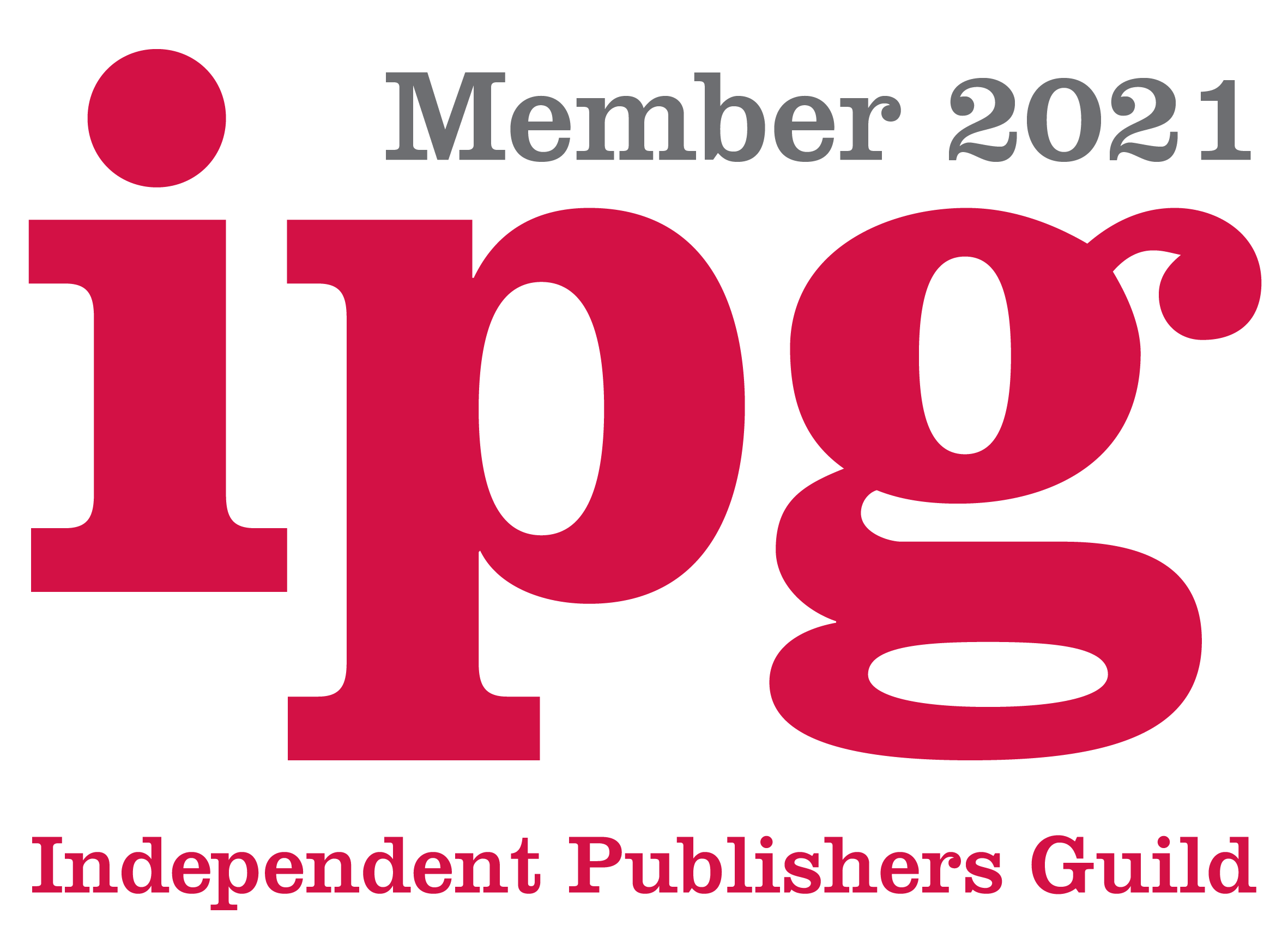After a story is complete and it’s been revised, it’s time to seek publishing opportunities. Literary magazines and publishers seek out the best work through a call for submissions. Currently, Exisle Academy’s writing competition with the theme “Passed Down” is open for submissions until July 15th.
Many publications do not have the financial means to offer an honorarium to writers, while contests usually offer a monetary prize and publication to the selected writer. It’s a good way to make money off of your writing and what type of writer doesn’t want that? In this post we’ll discuss how to better your chances of winning a writing competition.
Contest Guidelines: Follow Them!
Always read the guidelines. Always follow the guidelines. If the word limit is 1,500 words, don’t try to sneak a piece that exceeds the word limit. Even if your story is amazing, it could be disqualified.
Do not submit a piece of poetry if the competition is focused on prose and vice versa! The rules will always state what genres are accepted.
Always submit through the submission link unless otherwise stated. If you send your piece through email, it has the chance of not being opened, read, or considered.
Theme? Don’t Mind if I Do!
Many writing competitions will have a specific theme that allows for originality and creativity. Have your story explore your niche, the aspects that are specific to you. What story do you have that only you can tell?
Themed writing competitions can conjure up a story we didn’t know we had inside us. Think outside the box, because you want your story to surprise readers (and the judges).
Avoid Cliches
Something that comes to mind with the theme passed down is a piece of jewelry. I think of it because we’ve all heard that story before. This doesn’t mean the idea has to be discarded, but what is surprising or unique about this handed down piece of jewelry?
Avoid endings such as “The main character woke and found it was all a dream.” Surprising? Maybe. A good ending? Not really. This type of ending has been done before. The writer ends the story in an unsatisfactory way with little work. The same can be said for ending a spooky story with dot, dot, dot. These unsatisfactory endings will not impress the judges.
Stray away from characters that already exist. You can be inspired by a real life character, but go through the work of making the characters yours!
Avoid opening up the story talking about the weather. Unless it’s really important to know it was a stormy day for the story.
The Story
Start the story with people and conflict. In the story “Mechanical Jesus” by Peter Hankins, the story starts with the first line, “It was the Earl’s leprosy that brought us the mechanical Jesus.” This drops the reader into the story, and captures their attention.
Consider a story that can fit within that 1,500 word scope. It may be difficult to fit years passing into a 1,500 word story, but your character driving a few hours home and going on an unexpected detour could fit.
Make sure your character has a goal they’re pursuing. This allows for a clear beginning, middle, and end for the story. This is where the dot, dot, dot at the end doesn’t work. Readers don’t want to be left hanging.
Move the story forward, don’t get bogged down by clunky descriptions that aren't important to the plot. In the same vein, cut excess back story that isn’t necessary for the story you are weaving. Everything in the story should matter. Don’t mention a character’s spaghetti dinner unless that spaghetti unlocks an important detail later on in the story.
Show, rather than tell. This means using action and description to move the story along rather than using exposition or summarizing what is happening. Readers should be able to picture what is happening without it being explained to them.
Get the ending right. Try on different endings like a pair of pants. See which one fits best. Make sure the ending resolves the storyline.
How to Win
When submitting a story for a competition, one must think of the competitors. You want your story to stand out from the others.
The first line holds the most weight. It gives readers a sense of the story’s direction. In “A Farmer’s Wife” by Marjorie Counsel, the first line is “I’m ninety years old, and five years a widow, but the moment that would change my life forever remains crystal clear.” This line makes me want to know what that moment is, so I’m going to keep reading with the image of a ninety year old woman and her long life filling my head.
Read your story out loud! This will help you catch any syntax mistakes, sentences that need more clarity, and ensure the story flows well.
Read the past winners of the competition you are submitting to! This will give you an idea of the stories that did well in the past and offer an example of a stellar submission.
Submitting and What to Do Next
When submitting your piece for a competition, it is important to consider all your options. We share our work with publishers in the hope that our writing will impact and/or inspire. When submitting to competitions there is usually a submission fee or an option to pay and receive feedback. Paying for feedback from editors is a good way to get an expert’s eye on your piece to further improve it.
After submitting a story I will begin to edit it further, with the expectation that it won’t be accepted. It lessens the blow of a rejection and once the piece has been revised, I send it out again. Revise and submit, revise and submit. If the piece does get accepted, I would share my edited piece with them, knowing my story is out in the world in a better condition.
Good luck and happy submitting!
Follow us on Facebook and join our newsletter to be up to date with Exisle Academy.



